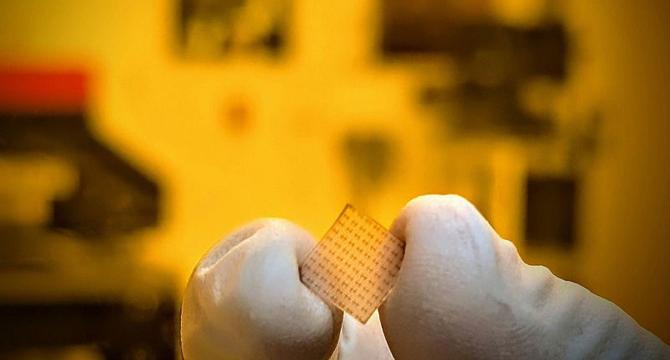Knowridge
1M
239

Image Credit: Knowridge
A new super-thin wire could make future electronics faster and cooler
- Stanford University researchers have discovered a new super-thin material called niobium phosphide that can conduct electricity better than copper when made just a few atoms thick.
- This breakthrough could lead to faster and more energy-efficient electronics in the future.
- Niobium phosphide, belonging to the group of topological semimetals, outperforms copper at extremely small thicknesses, while being easier to use in modern chip-making processes.
- The material can be made at lower temperatures and its non-crystalline form allows for safer and more efficient chip manufacturing.
Read Full Article
14 Likes
For uninterrupted reading, download the app